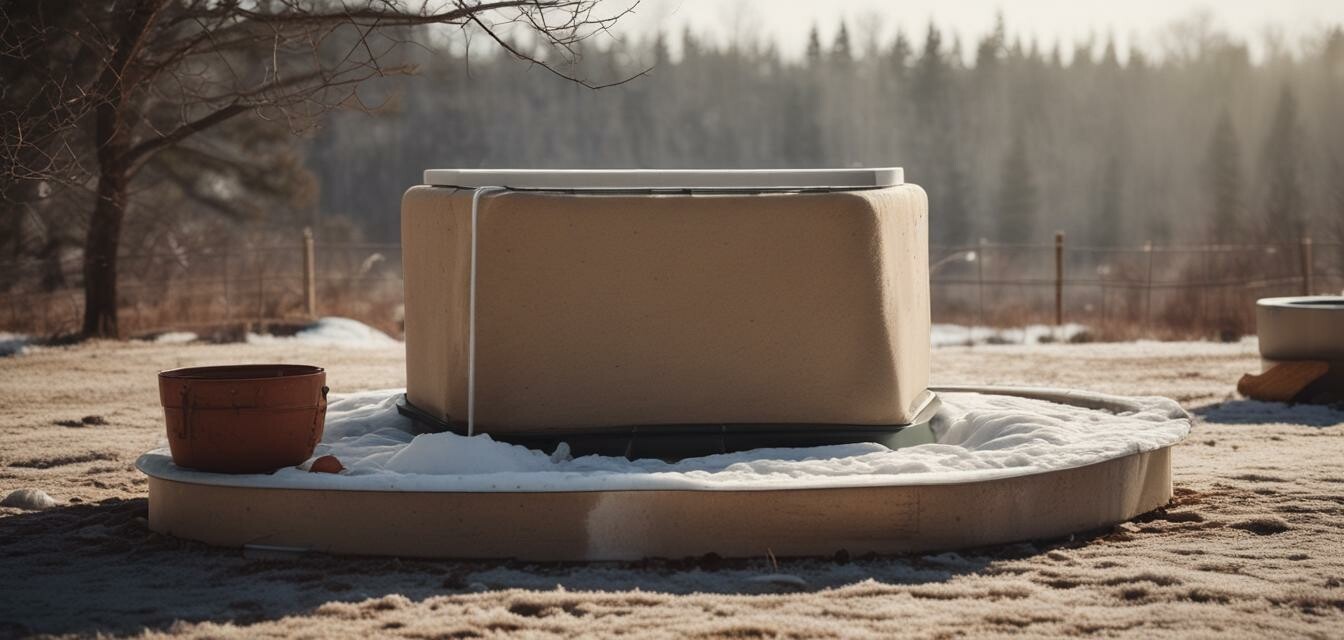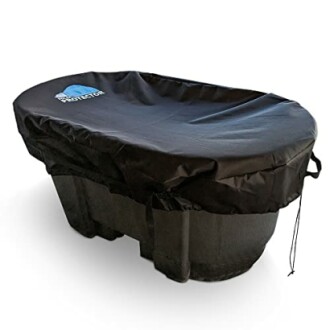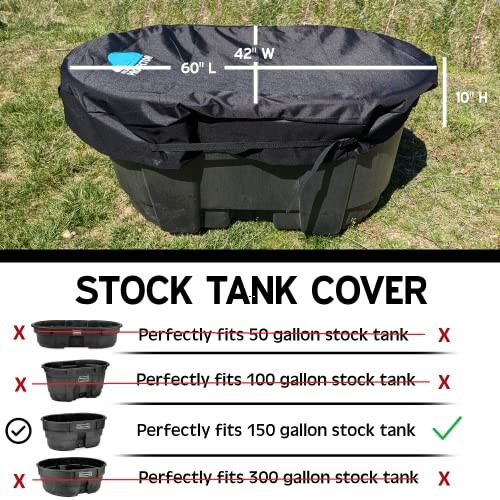
Creative Ways to Insulate Your Ice Bath
Key Takeaways
- Insulating your ice bath helps maintain a cold temperature for enhanced recovery sessions.
- There are budget-friendly materials and methods to insulate your ice bath effectively.
- Using covers and insulation techniques can prolong the coldness of your water.
Ice baths are an excellent tool for recovery, but maintaining the right temperature can be a challenge. Proper insulation is crucial for keeping the water cold longer, which ultimately enhances your recovery experience. In this article, we will explore some creative ways to insulate your ice bath using various materials and techniques.
Why Insulation Matters for Your Ice Bath
Insulation serves multiple purposes:
- Temperature retention: It helps keep the water cold for extended periods.
- Efficiency: Reduces the need for constant ice replenishment.
- Cost-saving: Helps maintain water temperatures, saving money on ice and energy.
Materials You Can Use for Insulation
There are several materials that you can use to insulate your ice bath effectively:
| Material | Description |
|---|---|
| Foam Boards | Rigid foam boards can easily be cut to fit around your tank, providing excellent thermal insulation. |
| Blankets | Old blankets can be wrapped around the tub to prevent heat exchange with the environment. |
| Tarps | Waterproof tarps offer protection from debris while also providing some insulation. |
| Reflective Insulation | This material reflects heat (or cold), helping keep your ice bath cold without needing heavy covering. |
| Bubble Wrap | A budget-friendly option that can add an extra layer of insulation around your tub. |
Innovative Ways to Insulate Your Ice Bath
1. Build a Frame with Foam Boards
Create a frame around your ice bath using foam boards. Cut them to size and affix them around the outside of your tub. This method provides excellent insulation and helps maintain the cold temperature of the water for longer periods.
2. Use Insulated Covers
Investing in a cover specifically designed for ice baths can offer superior insulation. Covers help keep debris out and the temperature down. Here are two excellent options to consider:
100 Gallon Oval Stock Tank Cover
This cover protects your tank while maintaining temperature with its waterproof design and durable construction.
Learn More150 Gallon Oval Stock Tank Cover
Designed for larger tanks, this cover helps keep water cold while preventing dirt and debris from entering.
Learn More3. Create a Reflective Outer Layer
Using reflective insulation materials, wrap your ice bath to keep it cool. This technique effectively prevents heat from penetrating the cold water, maintaining its lower temperature.
4. Utilize Old Sleeping Bags
If you have old sleeping bags lying around, they can provide excellent insulation when wrapped around your ice bath. They are typically filled with insulating material, making them a great resource for temperature retention.
5. Bubble Wrap and Tarps Combo
A simple yet effective option is to wrap your tub in bubble wrap, followed by a tarp for waterproofing. This combination offers both insulation and protection from outside elements.
FAQs About Ice Bath Insulation
Q: How much insulation do I need?
A: The amount of insulation will depend on your outdoor conditions and how long you plan to keep the water cold. However, the more layers, the better the temperature retention.
Q: Can I use a regular blanket for insulation?
A: Yes, regular blankets can help hold in the cold, but they won't be as effective as specialized insulation products.
Q: How often should I add ice?
A: Adding ice will depend on the temperature and conditions. With good insulation, you may find that you need to add ice less frequently.
Conclusion
Insulating your ice bath is essential for maximizing your recovery sessions. By utilizing various materials and techniques, you can effectively keep your ice bath cold longer, enhancing your overall experience. Experiment with different methods to find what works best for your setup.
Tips for Effective Insulation
- Measure your tub size for proper fitting insulation materials.
- Consider combining multiple insulation methods for better results.
- Regularly check the water temperature to gauge the effectiveness of your setup.


